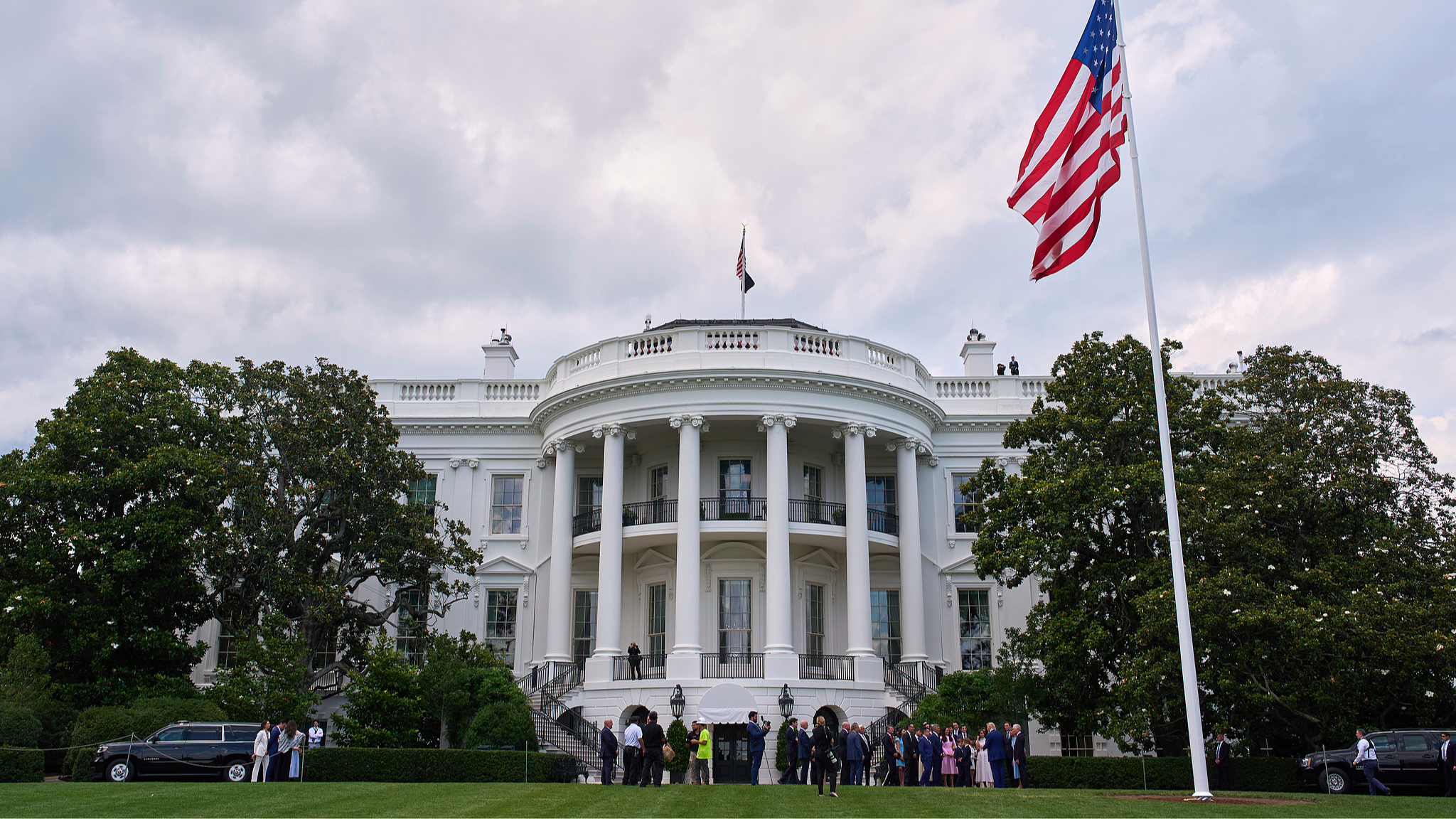A specter is haunting the U.S. again – the specter of McCarthyism.
Different from the 1950s when U.S. politicians on Capitol Hill were accused of subversion, this time the McCarthyist tactics are employed by the U.S. against foreigners in a hodgepodge of sectors.
The boomerang of suspicion
At the end of last month, out of nowhere, the U.S. State Department announced that it would “aggressively revoke visas for Chinese students.” This policy, targeting Chinese students allegedly connected to the Communist Party of China (CPC) or enrolled in critical fields of study, reflects the disturbing resurgence of McCarthyism.
With regard to the “aggressive” revocation, U.S. State Department Spokesperson Tammy Bruce’s unsubstantiated explanation of “exploitation of U.S. universities” and “intelligence collection” echoes what happened during the Red Scare: making accusations without proper regard for evidence.
When pressed about the definition of CPC affiliation and specific critical fields of study, the spokesperson again evaded direct answers. Such deliberate ambiguity and uncertainty underscore the discriminatory nature of the policy.
Even though the ban on Chinese students’ visa applications was later lifted, their social media accounts are still subject to vetting, leaving U.S. embassies and consulates worldwide with a great margin of maneuver in keeping young Chinese students out.
Besides academic institutions that have been in the eye of the storm, the tech sector, long viewed as the crucial battleground for competition between China and the U.S., is also the victim of Washington’s McCarthyism.
A sweeping ban on the sales of electronic design automation (EDA) software to China made no secret of the U.S.’ intention to choke China’s tech innovation.
From students to TikTok, from Shein parcels to Xinjiang cotton, the U.S. Congress is viewing everything Chinese through a political lens.
A fully-fledged system is in operation: state-funded think tanks churn out reports by nitpicking about what China did, conservative media outlets weave these reports and one-sided interviews into stories, and members of Congress propose bills that “address public concerns.”
Just as any association with communism spelled trouble in 1950s America, today, any connection to China is enough to invite a ban.
A bitter pill to swallow
With all the stated goals, the true cost of America’s resurrected McCarthyism, however, will ultimately be borne by the country itself.
Denying visas for Chinese students, the second largest group of international students on U.S. campuses, will taper off the financial means of academic institutions and tarnish America’s reputation as a beacon in higher education and research.
Banning sales of EDA to China and the use of Huawei AI chips will only disrupt the already-fragile supply chains and beget a loss of huge business opportunities in the Chinese market.
More significantly, these measures reflect a conservatism that is the antithesis of the “free” and “democratic” society that U.S. politicians constantly proclaim.
Subject to social media vetting, foreign students, be they Chinese, European or from elsewhere, may be deported for their political views or “impure” social media histories. The halt of funding for universities that champion diversity, the deportation of lawful permanent residents with pro-Palestine views, the purging of ideologically disfavored content from cultural institutions, and a sweeping travel ban targeting dozens of foreign countries are just the latest in a string of U.S. policies marking a shift toward conservatism and enforced silence.
A flurry of lawsuits in multiple states challenging policies related to education and immigration strike a jarring note of discord between what the public wants and what the federal government did.
And pent-up fury tends to be released in extreme ways. “Hands off” protests, May Day rallies, and anti-ICE demonstrations in Los Angeles, which may seem isolated, are inevitable outbursts of built-up tensions.
In a 1954 letter, Albert Einstein wrote, “I would rather choose to be a plumber or a peddler in the hope to find that modest degree of independence still available under present circumstances.” Not surprisingly, he lost his job for expressing his views.
Seventy-plus years later, history is repeating itself as more and more students and researchers are forced to pursue academic careers outside the U.S.
While this may mean short-term political gains for the administration, the long-term consequences for the country will be deeper polarization and the entrenchment of ideological extremism.
Opinion by Xin Ping
Editor’s note: Xin Ping is a Beijing-based international affairs commentator. The article reflects the author’s opinions and not necessarily the views of CGTN.




